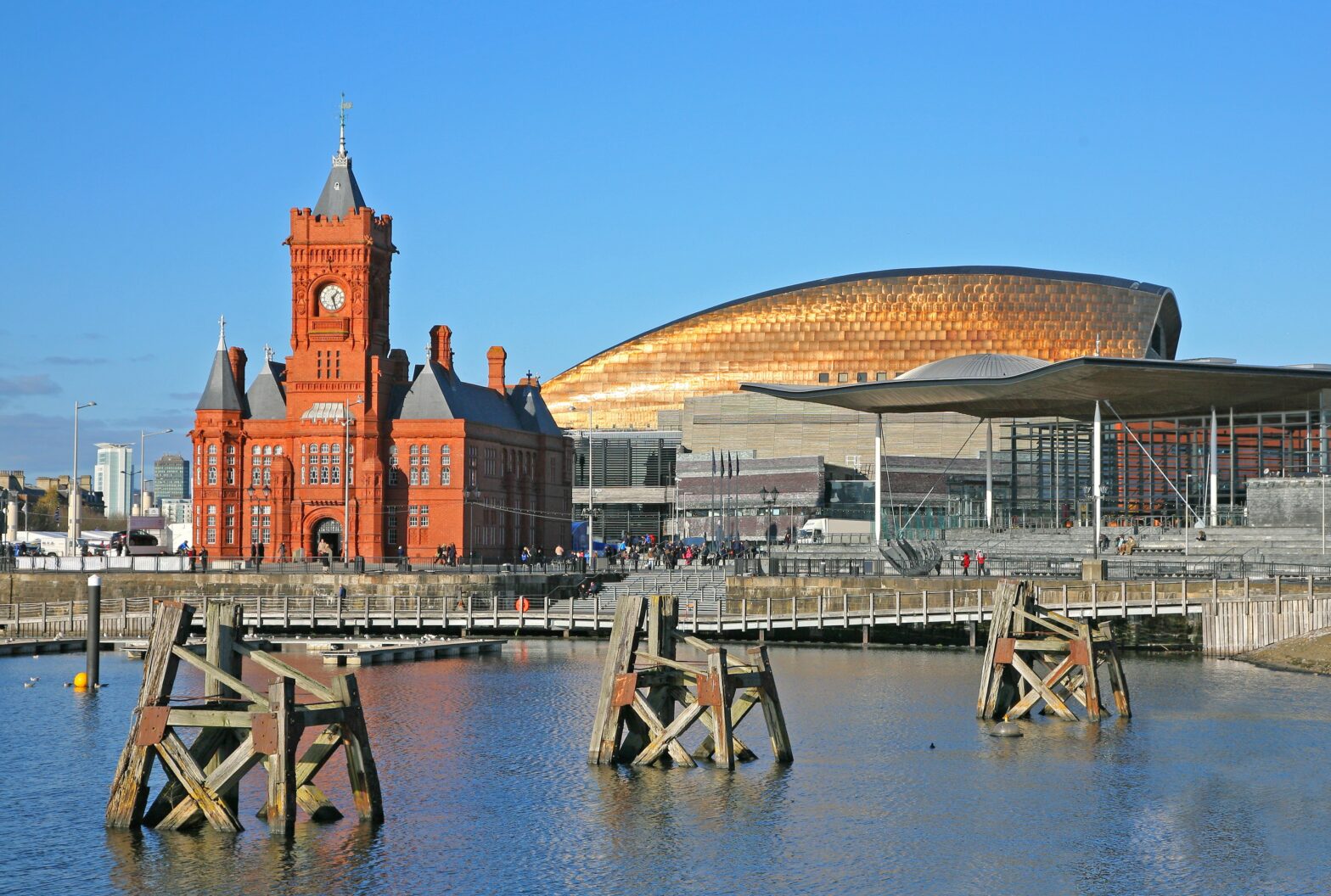Talk a bit about the company, when it was started and how it developed.
Active Minds is a social business; we design, develop and sell age-appropriate activity products for people with dementia.
When I was much younger my grandfather was diagnosed with Alzheimer’s disease. Years after his diagnosis I was studying for a BA in product design at Kingston University when the year I was in were set a brief by the RSA to design and create a ‘social’ product.
During my upbringing my grandfather’s condition had worsened and it had occurred to me that although all of my grandfather’s basic needs were well cared for by the professionals looking after him, his sense of wellbeing – of self and belonging – had declined.
I realised that this was down to a couple of things; the changes he was experiencing which limited the variety of activities he could do, and the lack of age-considerate activities available to people with dementia.
Much to my family’s distress, we were forced to purchase children’s toys and activities to help keep him engaged in life and in his personal interests, which included doing puzzles.
It felt absurd to be giving an 86-year-old man a children’s activity, so when the RSA brief landed on my lap, I knew exactly how I’d respond to it and set about developing a new kind of puzzle for granddad that would take into account his changing cognitive functions and give him an opportunity to keep one of his hobbies alive, in the hope of boosting his sense of independence and control.
I worked closely with a large care home group and a local hospital to develop my first dementia puzzle. It took over 15 prototypes but in the end a puzzle was created that I was confident would be received well by him, and by other people with dementia.
The first production run sold out and it was the surprise success of that first puzzle and the growing needs of the market that prompted me to start my own business.
At what point did you discover the grant? How much money was it?
Originally the design won a small grant of £5,000 from Kingston University and it was that grant that allowed me to produce the first 100 puzzles.
After that I was introduced to UnLtd (the leading provider of support to social entrepreneurs in the UK) and entered a number of their start-up competitions, one of which is called the Big Venture Challenge.
In 2013 we were lucky enough to be one of the lottery-funded BVC winners and as a result we received £100,000 in match-funding, which has been instrumental in helping Active Minds get to where it is today.
What were the conditions and how did you apply? What was the whole process?
There were a few conditions to us taking part in the funding challenge. First and foremost we had to be a social business with the ability to demonstrate the positive social impact of our product and services.
We also had to be an early-stage business with a high potential for growth and expansion.
The process starts with an application form that asks you to include the business’s executive summary and three-year growth plan.
You can then be shortlisted for the first round interviews and, for this particular grant that takes place with UnLtd initially.
If you get through that round you then go through to a second stage interview – the final round – and then you are presenting to a selection of business and charity experts, as well as UnLtd.
Finally, all being well, you get selected by the Big Venture Challenge and are assisted in finding an appropriate investor to match the £100,000 lottery funding.
What did you spend the money on? Were there conditions as to what the money was to be used for?
You’d think that spending it would be the easy part, wouldn’t you? But it’s not. Prioritising can be difficult when quite a lot of your start-up could do with a bit of a financial boost.
We’ve spent money on expanding the team, which was vitally important, on marketing, and on designing and developing new products.
What you plan to spend your funding on gets reviewed during the grant application process and your spending is then audited too.
What advice would you give to other businesses seeking grant finance? Any secrets to getting hold of the cash? Would you go for any other grants?
I’d definitely go for other grants. The process can seem very daunting at the start, but there are lots of websites you can begin your search with, and there is a lot of guidance and advice available online.
Once you have been through the process a few times it gets easier.
Not necessarily more exciting, but definitely easier!
If I think about what advice I would have liked to hear before starting out on this adventure, I think it would be to find some trustworthy advisers to help build a really robust financial model.
Most entrepreneurs have a solid vision of what they are building or would like to build, but when it comes to funding, it is mostly about whether your business, and your business plan, is credible; show that your business is a sustainable one and tell a compelling story that people can understand, and you are 90 per cent there.





